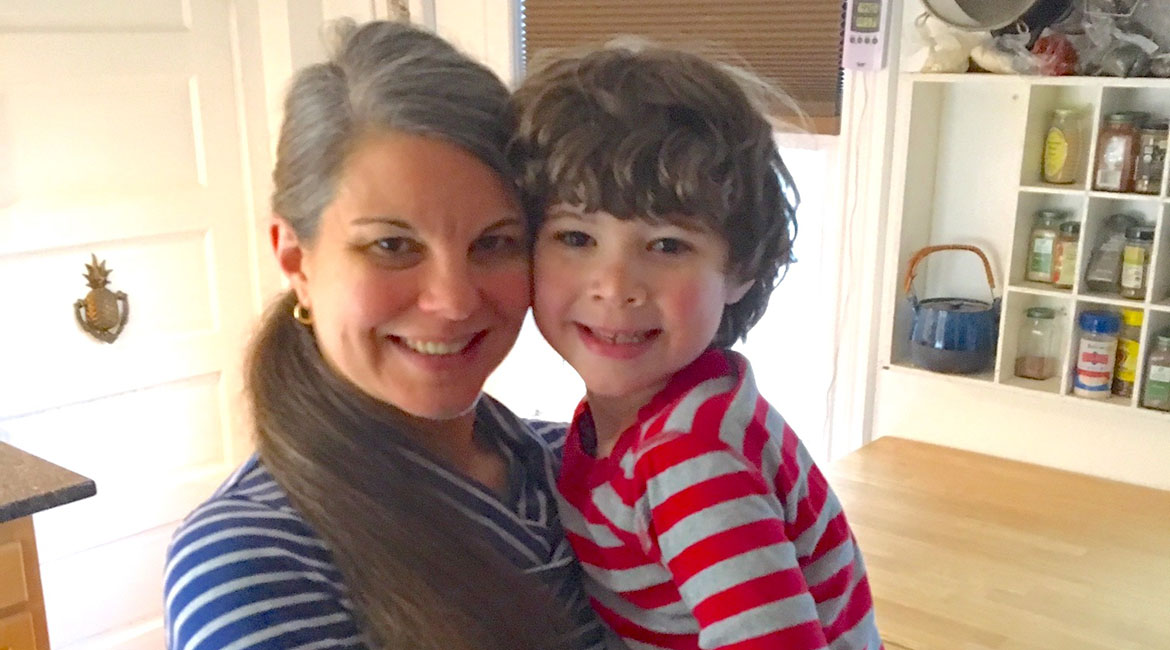Parent Success Story: How I Got Plant-Based Options in My Son’s School

When Avery Kamila’s son Alden started kindergarten in Portland, Maine, last year, he was excited to have lunch in the cafeteria with the other kids in his class. Alden quickly realized, though, that he couldn’t eat the same food as his friends, since he has a dairy allergy and eats plant-based at home. In fact, there wasn’t much in the school cafeteria that he could eat. Avery says seeing her son’s disappointment led her to contact the school and join other parents in advocating for a plant-based lunch option.
After meeting with parents and researching options, Portland Public Schools began offering daily hot vegan and vegetarian lunch options this year. We spoke with Avery about what she learned from the experience.
OMD: Why were you so passionate about getting plant-based options on the menu at school?
Avery Kamila: Well, as a mom of a kid who has both a dairy allergy and eats vegan food at home, I felt sad that he wasn’t able to participate with his classmates. I was making him lunch every day and he had no problem with me doing that, but I think his inability to eat with his classmates was a bummer for him. Then I learned that the school was also very keen to increase the number of students who are participating in the lunch program overall, and I totally support that because I think that there can be stigma around school lunch. I was thinking about that and thinking about my son’s situation, and I knew that he couldn’t take lunch because it was nothing that he would eat. So that’s kind of where I started.
"I ran into parents who had kids with allergies to eggs and dairy, who weren’t vegans or vegetarians, but really liked this idea because it meant that it was a meal that would be safe for their kids to eat."
OMD: You’re a newspaper columnist, so you started by writing about the situation. What happened then?
Avery Kamila: It got a good reaction — the superintendent of the district tweeted a link to my column and said something to the effect of, yeah, we should do this. From that point on, I just talked to lots of different parents and people in the district, school board members, teachers and everybody was in agreement. The school Food Service Director obviously had a lot of things on her plate, like trying to meet all the federal nutrition requirements and get all the free lunch forms logged into the computer, and a lot of administrative stuff that she has to deal with. I didn’t really have much luck in talking with her initially, but I didn’t let that deter me, I just continued to talk to people. Apparently as a result, many other people reached out to her too, so she was getting a lot of calls.
OMD: Besides people who were plant-based, who else did you talk to?
Avery Kamila: I ran into parents who had kids with allergies to eggs and dairy, who weren’t vegans or vegetarians, but really liked this idea because it meant that it was a meal that would be safe for their kids to eat. I also discovered that the Portland schools are really super diverse. There are students who are Muslim and they follow halal eating guidelines, and there’s Jewish students who follow kosher. And then we’ve had a lot of migrants from different countries, including students from Ethiopia. Ethiopian Christians have fasting days or festival days when they should be eating vegetarian or vegan. At the same time, there were independent efforts that had nothing to do with what I was doing, like two fifth graders who had also petitioned the Food Service Director for better vegetarian options. So long story short, there was a lot of support in the district for accommodating people and making sure that there are choices that suit everybody.
"Find allies — other parents, students, teachers, school board members, superintendents, principals — whomever you can reach out to."
OMD: What was the turning point when things started to change?
Avery Kamila: I’m not sure if she was just so sick of hearing from parents and students, if she met with the superintendent and he said you got to do this, or if maybe it was internal, like she had staff willing to do some recipes. Eventually in the spring I learned from the Food Service Director that yeah, they were going to do this.
OMD: Do you have any tips for other people who are looking to help bring this change to their schools?
Avery Kamila: I would say, one, find allies — other parents, students, teachers, school board members, superintendents, principals — whomever you can reach out to. It might be that they’re all vegans or it might be that they’re people who have different motivations for supporting this. Just try to find other people and communicate with them, and get everybody working around the same goal. Two, try to figure out your particular school district’s goals, and if they have something that they’re working on already that could align with this idea. In Portland, the school district overall has a big focus on equity, and so I was able to talk about this in terms of how this makes lunch more equitable and more accessible to more students by making it vegan instead of vegetarian. You know, vegan food is for everyone.
OMD: Any other advice?
Avery Kamila: It’s hugely important for people not to be dissuaded when they hear a “no,” because it’s really common to hear “no.” Just keep with it and see if you can find allies and people who support the idea. I think that being persistent is really, really important.
What's Next?
You could be the next champion for plant-based school lunch! Download our School Lunch for Change Toolkit to get started for tips, resources and template letters for your outreach. We also have a new resource for school food service professionals with our Plant-Based Food Service Guide for K-12 Schools for you to share with decision makers.


